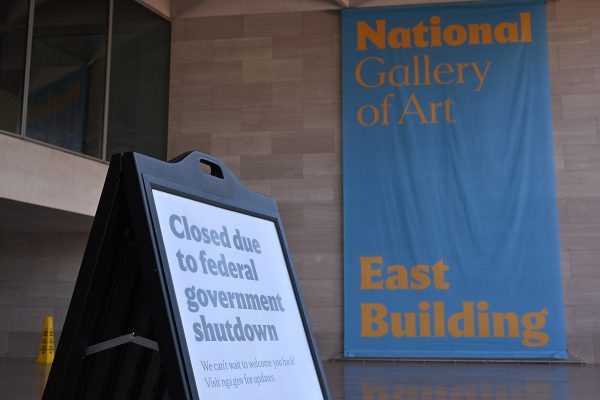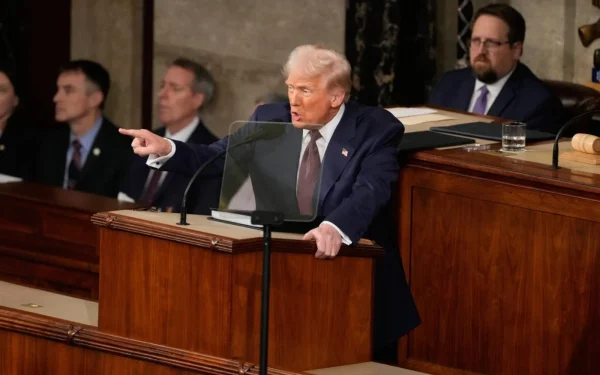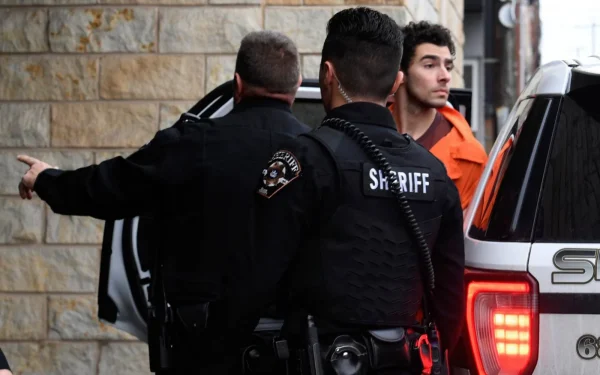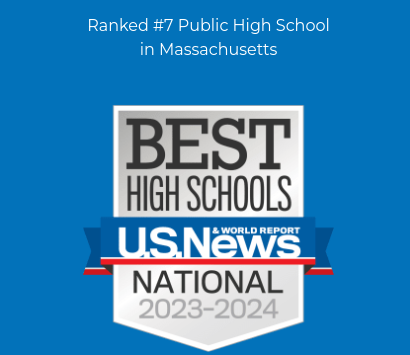Fear and anxiety across the Atlantic mirrors America’s own crisis
The year of 2016 is now in the rearview mirror. It brought many shocking events and it’s time to step back and take a closer look at two of the biggest surprises that 2016 left in its wake: the results of “Brexit” and the U.S. presidential election. They’re more similar than most people think.
So, what actually happened this summer in Britain?
On June 23, a referendum was held in the United Kingdom to determine whether the U.K. wanted to remain in the European Union or withdraw from it.
After 72.2 percent of voters turned out, the results came in: 51.9 percent voted to leave and 48.1 percent voted to stay.
“Half of the people were voting with their hearts and half of them were voting with their heads,” first-year AMSA English Department Chair Alexandria Waldron, a native Briton, said.
It was very much an act of passion, especially from the younger generation of voters.
“At first I was thinking, my heart says I don’t want to be controlled by a power that is beyond my nation, which is the automatic reaction,” Ms. Waldron elaborated, “but then when I sat and thought about it, financially and for race relations, it’s really not a very good idea to separate yourself in such a way.”
This passionate desire for self-governance and fear of losing sovereignty to the European Parliament as well as sharp dislike of the E.U.’s democratic deficit caused many British voters to cast their ballots to leave.
Another important reason behind the voters’ decision is the E.U.’s ongoing handling of the immigration crisis. Since the E.U.’s decision to invite Macedonia, Montenegro, Serbia, Albania, and Turkey into the Union, many Britons have been unhappy with the influx of immigration into their country.
“The E.U. response to the migration crisis is a ‘five nations’ free-for-all,” Michael Gove, Britain’s former Secretary of State for Justice, wrote in a column for the Times of London. “There is a direct and serious threat to our public services, standard of living, and ability to maintain social solidarity if we accept continued E.U. membership.”
A similar concern with immigration issues was prioritized in Americans’ minds as they voted for their new president on Nov. 8.
Donald J. Trump’s vision concerning immigration, as stated on his official website, is: “Establish new immigration controls to boost wages and to ensure that open jobs are offered to American workers first.”
The promise of more jobs appealed to many Americans and turned many into ardent Trump supporters. A very similar thing happened in Britain.
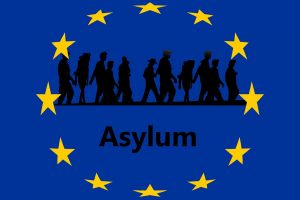
All of Europe is struggling with the ongoing immigration crisis.
“There are pockets of people who have these racial ‘angsts’ and they don’t normally talk about it,” Ms. Waldron said. “Where you would see the Trump supporters suggesting that [immigrants] don’t belong in our country, we got graffiti in a similar way that said: ‘Go home.’”
These voters’ main concern was the impact that Brexit would have on the British economy.
“The U.K.’s membership of the E.U. has delivered significant economic benefits through increasing the openness of the U.K. economy and supporting trade and investment,” according to a British treasury analysis done last April.
Keeping these concerns in mind, voters in many major British cities, such as London, Manchester, and Leeds, cast the majority of their votes for the option to stay.
“These are the places that realized that the economy was the driver and that multiculturalism can be a good thing,” Ms. Waldron said.
Some people’s fears were soon realized, however, as the British pound fell to a 31-year low in October.
An eerily similar situation played out in November in the United States. Several crucial swing states, such as Florida and Pennsylvania, showed most major cities voting heavily Democratic, but most rural or suburban areas voting Republican.
Another notable parallel between Brexit and the 2016 presidential election is the overwhelming effect social media had on both. Many younger voters get much of their information from the Internet, and social media in particular.
Domestic polling all mostly predicted a win for Hillary Clinton and overseas polls predicted the the U.K. would vote to stay in the E.U.
“[Social media] goes after what you like. When you’re being repeatedly told, over and over again, your feelings, it only strengthens those feelings,” AMSA history teacher Peter Proulx said.
Social media stories in both Britain and America created a false sense of security for many people, enough sometimes to cause them to stay home on Election Day.
“I think a lot of people just sat back and said, There’s no way people are going to vote for that, that’s stupid. So they didn’t leave their city jobs and go and bother to do it,” Ms. Waldron said. “They just watched it on television in horror.”
What does it all mean for the rest of the world?
Two of the world’s most powerful and influential countries have retreated into a streak of conservatism, potentially setting an example for other developed or developing nations.
The wave of Islamophobia that has swept across much of America since 9/11 has only intensified in the wake of Mr. Trump’s commentary concerning Muslims.
The effects of Mr. Trump’s radical notions can already be seen across the ocean. For instance, in December, German Chancellor Angela Merkel called for a ban on the burqa “wherever it is legally possible.”
It has led to social anxiety in both the United States and in Europe.
According to most predictions, the full withdrawal of Britain from the E.U. won’t happen until the summer of 2019. But in the United States, many people are curious and afraid to see what the immediate impact of Mr. Trump’s presidency brings in terms of social progress, and the economy, as well as both domestic and international politics.
“These systems are put in place, NATO, the E.U., to try and create these organizations that help stabilize the Western world,” Mr. Proulx said. “It is interesting to see what the potential is for the stability of the West.”
As the world waits, the United States and Europe prepare for an uncertain future.
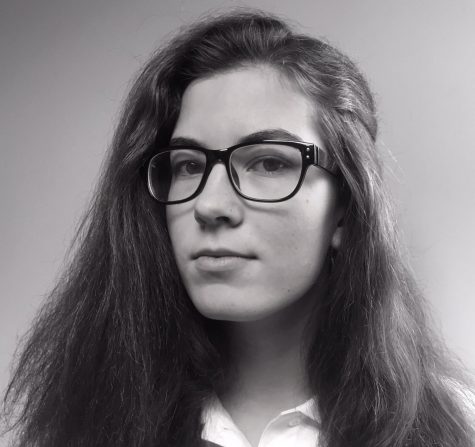
Kate is a junior. She loves writing and has done lots of it, especially short stories
and poetry in both Russian and English. She looks up to many...

